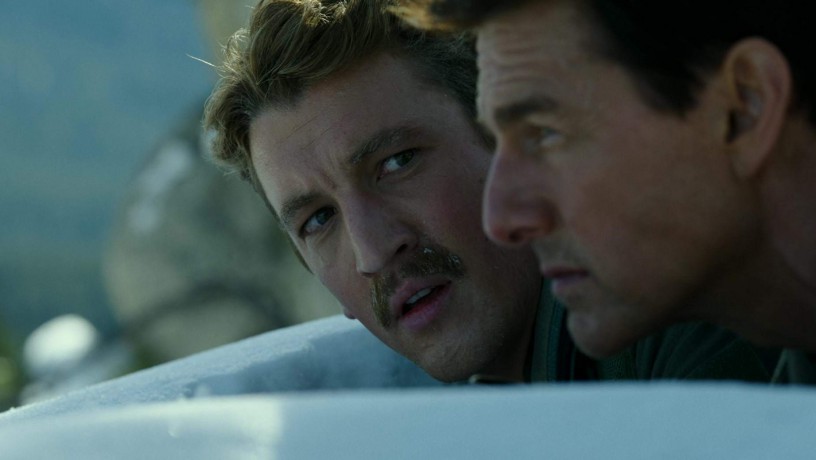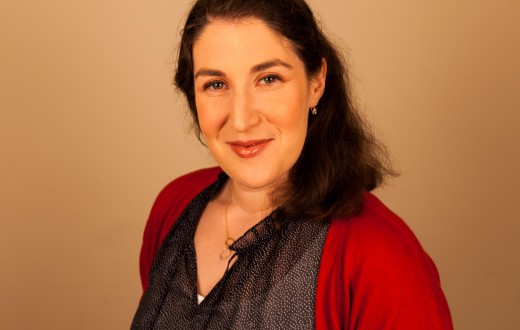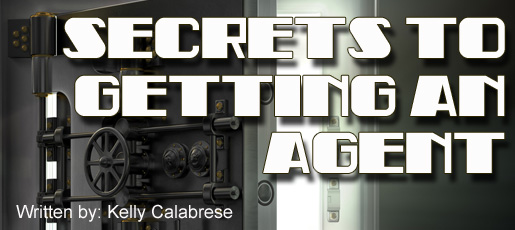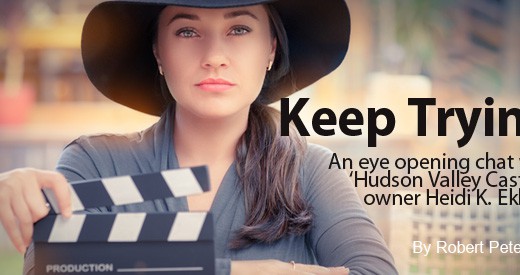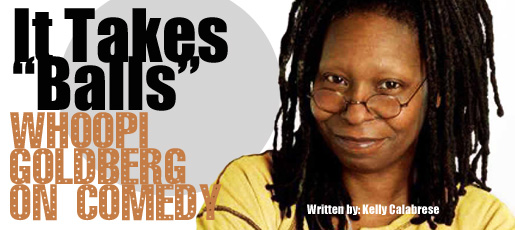Denise Chamian, CSA, is one of entertainment’s top Casting Directors. She has worked on some of the biggest movies and TV shows over the past three decades, including Top Gun: Maverick, Elvis (2022), Love, Simon, Saving Private Ryan, Miss Congeniality and one of my personal favorites, The Ring, which frightened the life out of me.
(Okay, I wasn’t going to share this clip of The Ring with you, but after several skipped heart beats, I just have to. Best to watch it right before bed. In the dark. With no covers in sight.)
Back to Denise! Not only does she have an unrivaled ability to find the perfect actor for each role, but she’s also able to spot potential in others and identify what they need to do to excel.
We were able to get a sneak peak into the way Denise works, how she built her business from scratch and how she casts actors.
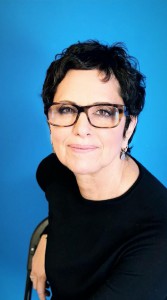
Denise, you are very mysterious. Why did you become a Casting Director?
I was born and raised in Los Angeles, CA. I had no idea what I wanted to do with my life until I started working for a small theatrical agency. After a few years, I knew I didn’t want to be an agent but I was referred to a casting director who needed an assistant and it seemed like a perfect segue. Once there, I knew I had found a career and not just a job. It was a great fit for my personality and interests.
You’ve cast blockbuster movies such as Top Gun: Maverick and Elvis. Let’s go back to the beginning of your career. What was the very first film or TV show that you cast and how did you get that job?
My first job was with Jackie Briskey, who taught me all of the basics about casting. She also had the ability to figure out what a role was supposed to be very quickly and I knew that was the skill I needed to develop in addition to accumulating a vast knowledge and catalog of actors who would fit those roles. My most important mentors would later be Jane Jenkins and Janet Hirshenson who taught me the art of working on big feature films with very well known directors. All the films or TV shows I ever cast once I was on my own were obtained through recommendations or relationships with producers. One thing kind of leads to another. I think the first film I cast on my own was Back to the Beach and the first TV series was Trial and Error, in which Brad Pitt had one line as a bellman.
Show business is a very tough field to get into, especially for women and minorities. What type of backlash, if any, did you receive when you were climbing up the ladder? How did you handle it?
I didn’t receive any backlash going up the ladder. I’ve always felt the casting profession has always been open to women. There was sexual harassment. But that was not unusual and when I started there wasn’t much you could do about it but deflect and ignore. We can all complain about the jobs we didn’t get or wonder why our career took one path or another, but I believe if you work hard, have talent and stay the course you can have success. We all have ups and downs in our careers.
Building a business from the bottom up is not something that’s easy to do. Did you attend university?
I did not attend college. A structured environment was not for me, which is why I think the entertainment industry was the perfect fit. I learned the business of casting from great casting directors. As I became more successful, I saw the need to learn also, to be a good business woman. Some of it was trial and error and some of it was reading about business practices. As the industry changed, I learned to change with it and understand that not only is there artistry involved, but the business of the business, so I figured out what I needed to expand and I adapted. I am still learning. Hiring people and getting office space is all part of it. There are many facets to having a successful casting company that doesn’t involve casting.
In dealing with actors on an everyday basis, what have you learned about the way an actor thinks?
I couldn’t say what one actor thinks over another and I wouldn’t stereotype any actor. Many actors are artists and they approach the craft that way. Others are workers and approach acting as a business along with the talent they have. Both work. I love actors and their process. I’ve never stopped being curious about how they do what they do. I am in awe of their skill and I do what I can to help them be the best they can be so they can succeed.
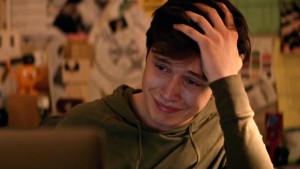
It appears as if you have multiple projects happening all at once. What type of system do you have to keep track of it all? Has there ever been a time where you feel overwhelmed?
Being organized is crucial to casting multiple projects at one time. I have an associate for each project and an assistant for up to two projects. I have a very large database of actors that I have kept up for the last 30 years. I can refer to those lists to make specific lists for whatever roles I am casting. They include actors I have met, cast, seen on TV shows, films, read about in a magazine, etc. And of course, I have felt overwhelmed many, many times, and fearful that I couldn’t do something, but you put one foot in front of the other, you tackle the problems one at a time and solve them. It all works out. The older I get, the less I stress. After so many projects and every conceivable scenario, I know it will get cast and I will have done my best.
Have you ever cast an actor and found out later that they were wrong for the part What happened?
Yes, sure. Thankfully, not very often. When it happened it was usually because there was too much casting by committee. That’s why most bad pieces of casting exists, in my opinion. We are always fighting for the best version of the director’s vision.
How do you know if you should cast a “name” or cast an “unknown”? Who makes the final decision on who is cast? Example: Tom Hanks was in Elvis. Who chose Tom Hanks for the part? Did he have to audition?
The script and the budget determine if you cast a name or not. Sometimes the director, if it’s someone of note, will determine what level of actor you go after. But it’s a creative conversation that is had with the director and producer for each role. As for Tom Hanks, he did not audition. Movie stars don’t have to audition. When we first started casting, Baz Luhrmann, the director, was already in conversations with Tom’s agent and had sent him the script.
In Top Gun: Maverick, tell us the process of casting Miles Teller who played Lt. Bradley ‘Rooster’ Bradshaw. Was there a “cattle call” or did you only go through agents? Were the auditions taped or in person? What’s your process for weeding people out?
Miles had always been on the director’s short list. I put many actors on tape in person, showed many demos of actors who would not read. I don’t do cattle calls. I give actors opportunities to audition in a manner that allows them to prepare and have time with me in the office. We then selected our top 2-3 choices and those actors screen tested along with Miles Teller for the role. My process for weeding people out is simple… you’re a good actor and you’re right for the role, you’re in. You’re not, you’re out.
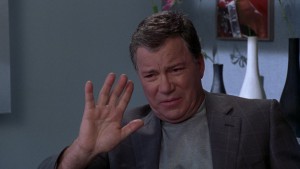
What differences, if any, are there in casting a film vs. a television show?
The process is the same. In film, the director usually has the final say. In TV it’s the producer / writer / showrunner.
Follow DirectSubmit from NYCastings. We welcome your comments.

